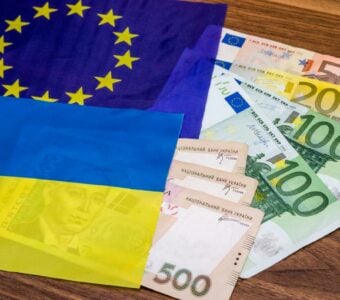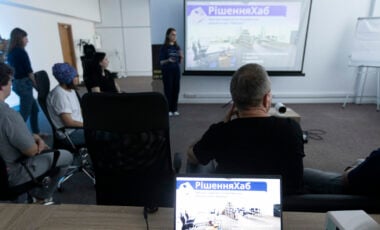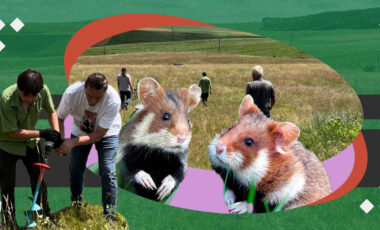Solutions journalism works: 10 Rubryka's best articles in December
Trees of invincibility, support for soldiers and their families, help for IDPs, women, and children — we talk about solutions that spread good (and constructive).

Usually full of the pre-holiday hustle and bustle, this December is different. But Ukrainians are indomitable, and even now, amid war, they find the strength to seek and find the light (and become it themselves), support each other, and find solutions. Despite all. We end 2022 with the main thing — hope and faith that 2023 will be the year of Ukraine's Victory. And everyone will be at home.
Rubryka collected the most interesting and useful stories of December in this material. All of them are about the indomitability of Ukrainians.
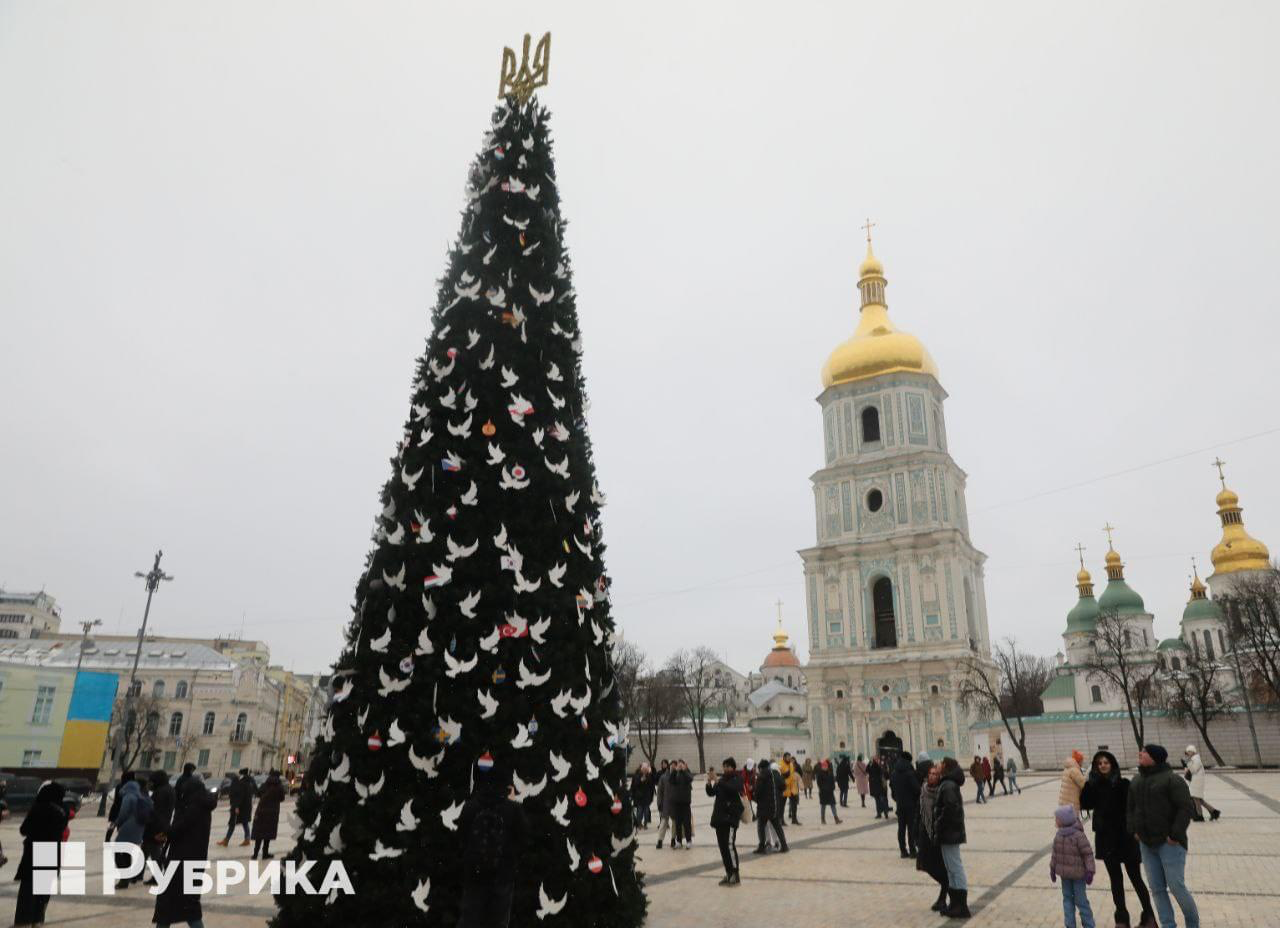
russia continues to terrorize Ukrainians, shelling critical infrastructure and civilians, still occupying part of the territories and population, continuing its war of aggression. But the terrorist state failed to turn into the Grinch in Ukraine and steal Christmas and winter holidays from us. Despite everything, Ukrainians find light — from generators, bicycles, and batteries — and "light" holiday trees all over the country.
Here Rubryka tells about Christmas trees of victory, Christmas trees of free people, Christmas trees underground — with faith in Ukrainians.

This winter can become challenging for Ukraine. But the winter season will bring us not only difficulties and problems. Ahead, even during the war, are the best winter holidays—St. Nicholas Day, Christmas, and New Year. Now is the time to remind ourselves: standing up to challenges and defending our beloved country is not only about resisting the aggressor and troubles. It is also about continuing to live, sharing support, warmth, and joy.
The solution is to do good deeds. Giving gifts just like that, cheering up children who have suffered from war, giving clothes to those who need them, protecting four-legged friends, donating books, and supporting the elderly. Here we have collected seven good deeds — from Ukraine and abroad, and how they can be recreated by anyone who wants to (as well as Ukrainian initiatives that will help in this).
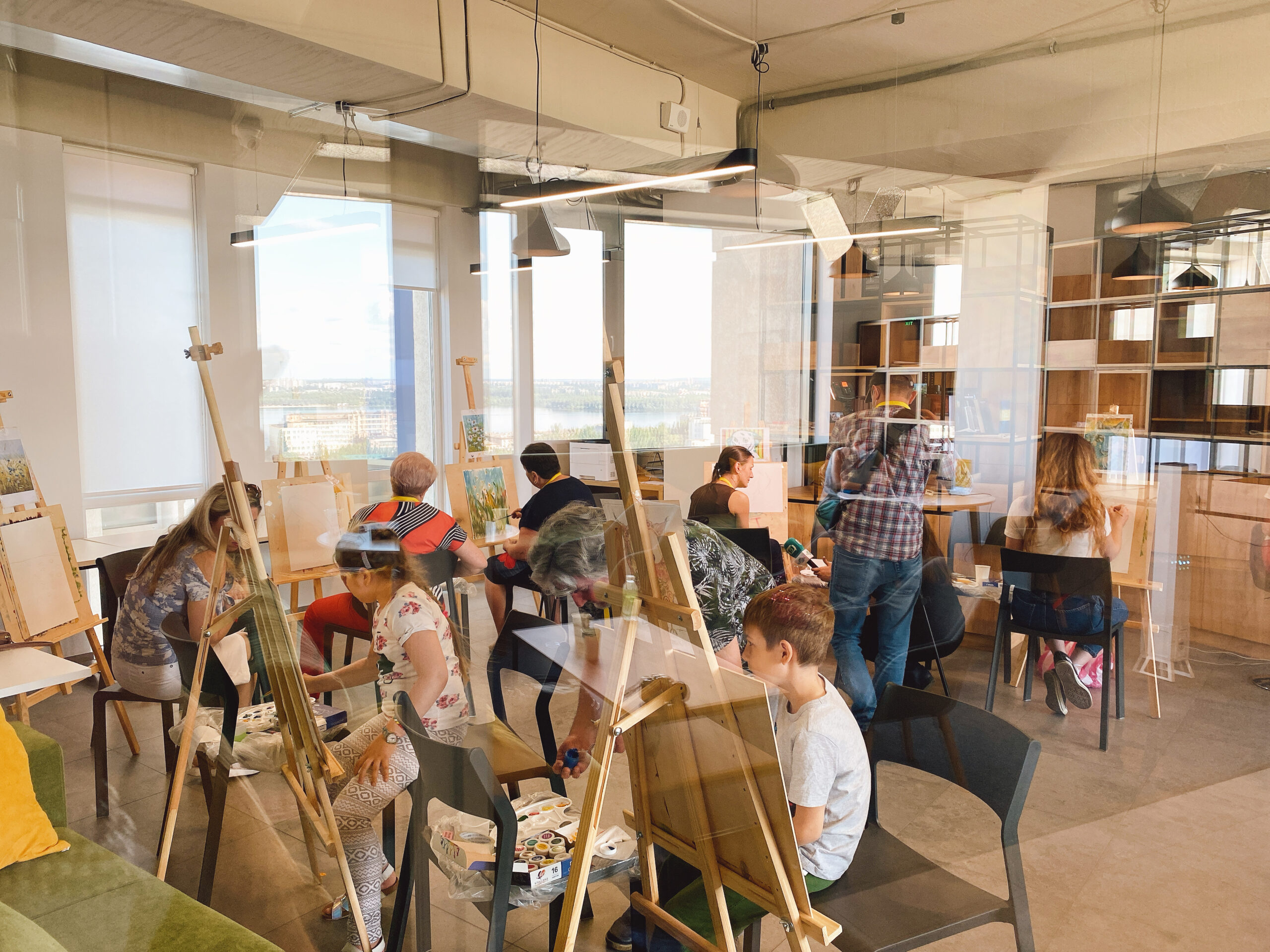
A public organization in Dnipro helps people who lost a defender in the war to rebuild a "bridge" or find a "boat" to leave this deserted piece of land. The TAPS Ukraine branch has been operating since 2018 when Ukraine joined the international network — it became the 24th member of the large TAPS family.
What helps families keep on living? How to support people who lost relatives in the war? What words are better never to say to them? All this is in our article.
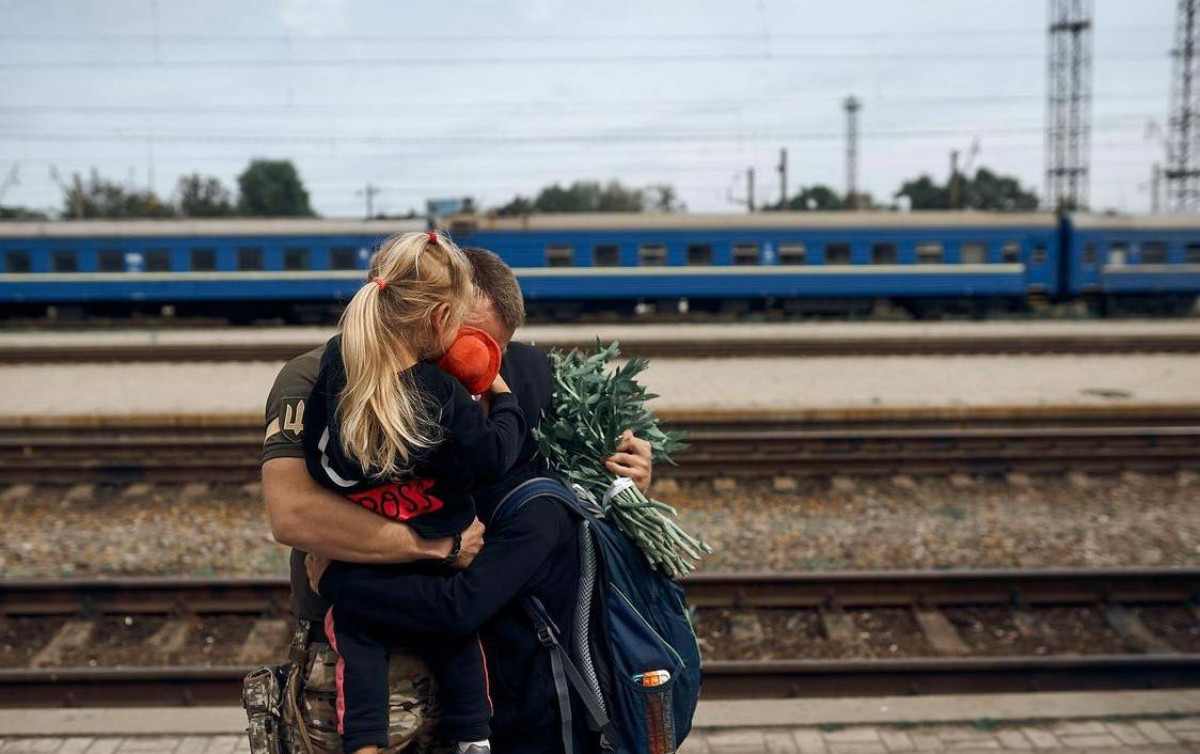
Probably, there are no more family holidays than Christmas holidays. At home — a Christmas tree, kutia, gifts, and the long-awaited "Schedryk." But not everyone will be lucky enough to spend this time in such an atmosphere this year. Someone is now far abroad, someone has left for another region, and someone is fighting at the front, far from their wives and children.
In this article, we will talk about the latter — the fighters defending Ukraine. Those who do not have the opportunity to be with those whom, in fact, they are defending. And it is not known how many more family holidays they will spend separately.
Recently, in the public and political space, a discussion has erupted regarding the demobilization of the soldiers, who have been fighting since the beginning of a full-scale war, and their replacement at the front. Currently, rotation — and even more so demobilization — is not fixed in any legal documents; everything happens by command order. But the topic remains relevant — will military personnel have an understanding of the terms of their service? And also — how to support them today — in the period when the separation from the closest relatives is felt especially acutely?
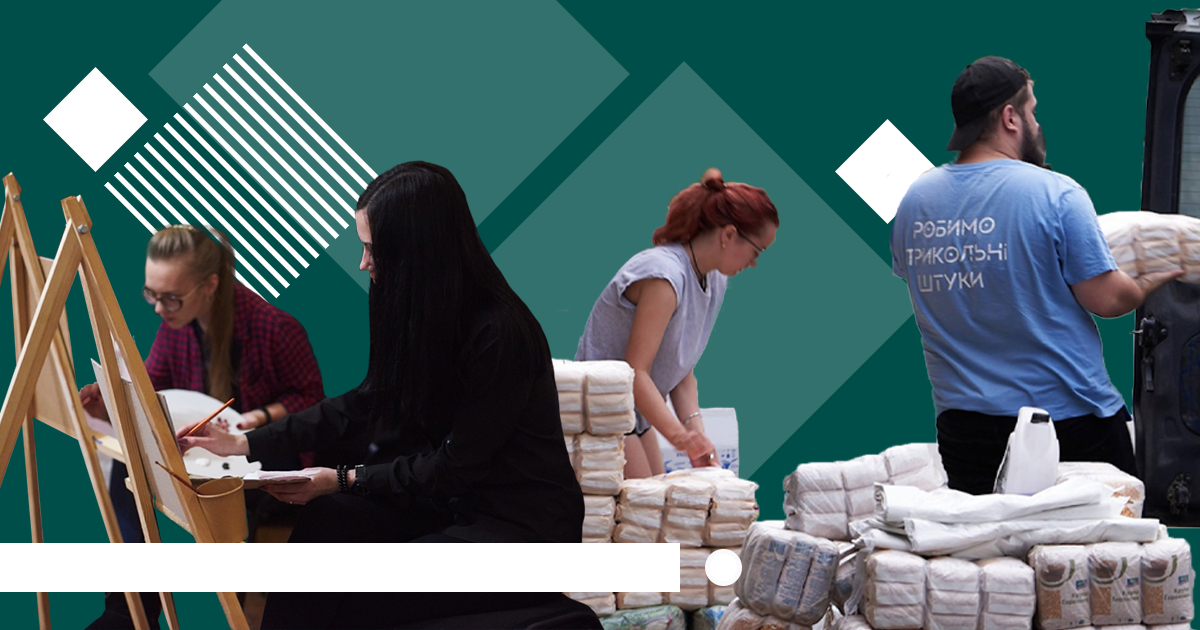
Art evenings, exhibitions, and support of young artists—this was the life of the Shtuka public organization until February 24. The team developed the youth cultural environment of the Donetsk and Luhansk regions. But with the beginning of a full-scale invasion, activists faced new challenges. With the beginning of russia's full-scale invasion of Ukraine, the enemy began to mercilessly destroy the cities and towns of the east. Volnovakha, Mariupol, Popasna, Rubizhne, Sievierodonetsk, Lysychansk, and Bakhmut have already been partially or entirely destroyed, but russia continues to shell them. Thousands of people remain under constant fire in the frontline cities.
How does the organization develop the culture of the Ukrainian east under shelling, and how has it undertaken humanitarian missions? Find out in our article.
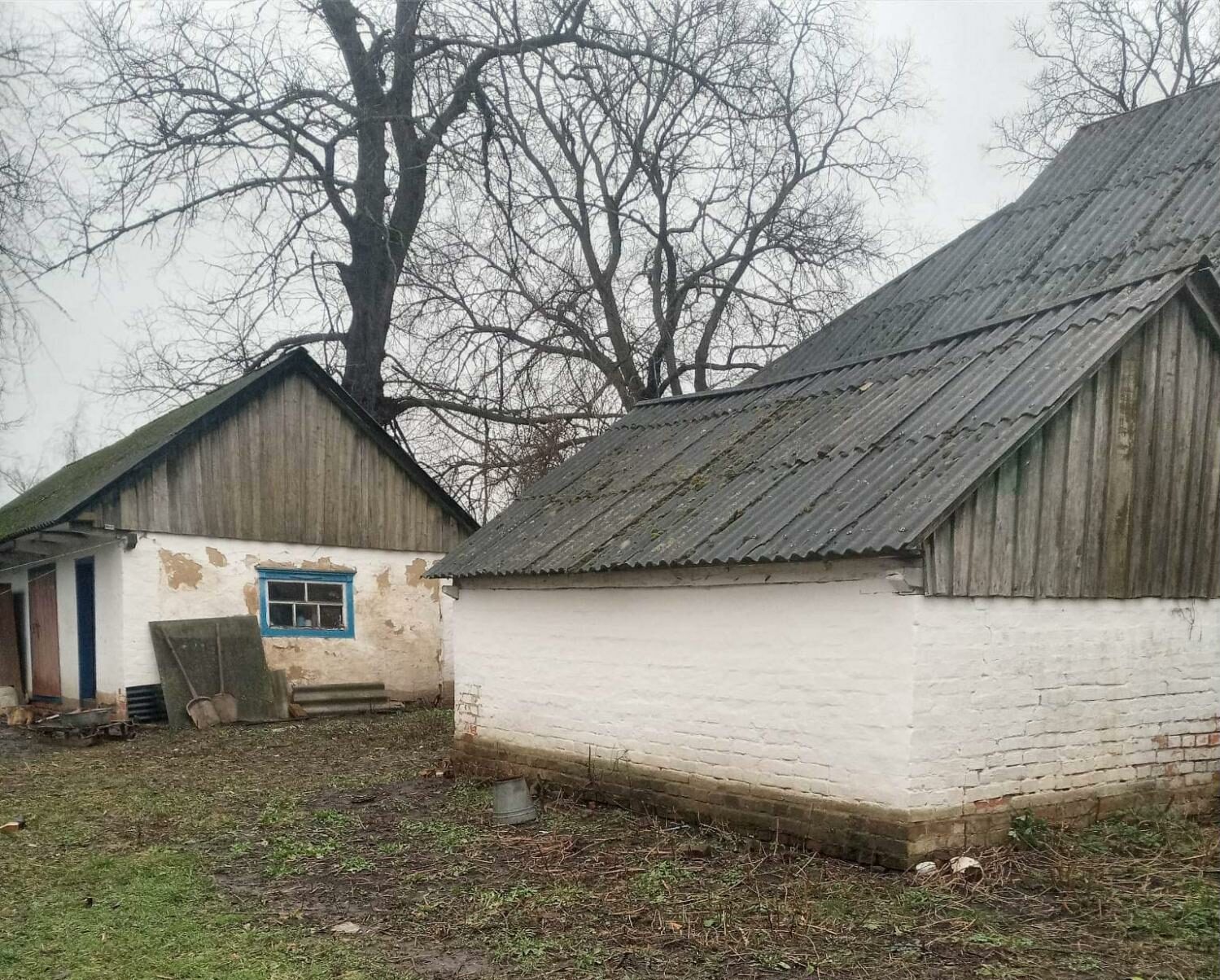
According to Ukraine's Ministry of Social Policy, almost 4.9 million internally displaced people are registered in Ukraine. About half a million residents left the Donetsk region alone. People leave dangerous areas, fleeing shelling or winter without heating.
For many, abandoned houses became such a refuge. So, people in the small village of Kapustyntsi, Romny district, Sumy region, arranged homes for the displaced and gave several migrant families jobs. Abandoned houses, which had been closed for decades, became a refuge for people fleeing the war.
How the idea of giving housing to people united the inhabitants of the village and how it works from the point of view of the law, we tell in Rubryka's article.

More than two million Ukrainian children escaped the war and left Ukraine abroad. According to the law, all these children should receive an education in a foreign country, which is logical because it helps them adapt to a new country and learn the language and customs. Besides, it's how local authorities ensure that children get an education.
But what about studying the Ukrainian language, literature, and history? And how to make it less traumatic for children returning to Ukraine and a Ukrainian school? Rubryka analyzed the intricacies of schooling in Ukraine and abroad, talked to the head of the Ukrainian Distance School, and gathered alternative solutions for children who want to simultaneously get a foreign and Ukrainian education. Find out more here.
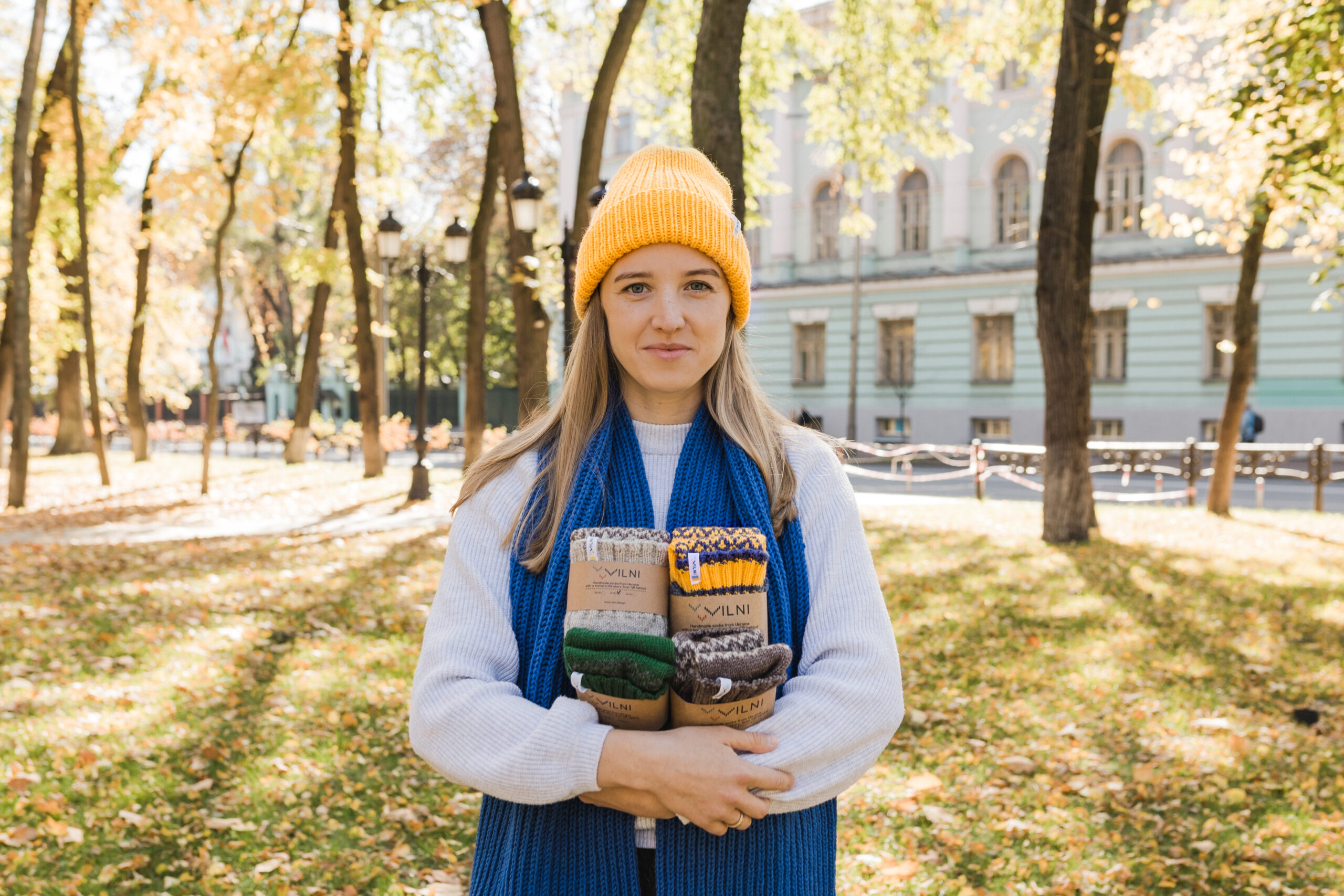
Millions of Ukrainians left their homes and jobs because of the war. Some went to the frontline, and others saved children and older relatives and went with them to safer regions or abroad. At the same time, companies closed or laid off workers. Unemployment has become an even more acute problem, and the state lacks resources to solve the issue.
When the state cannot cope, activists come to the rescue. This is how the Vilni volunteer project was born—the initiative provides work to women left with nothing because of russia's war. Rubryka talked to its founders and found out how the endeavor works.
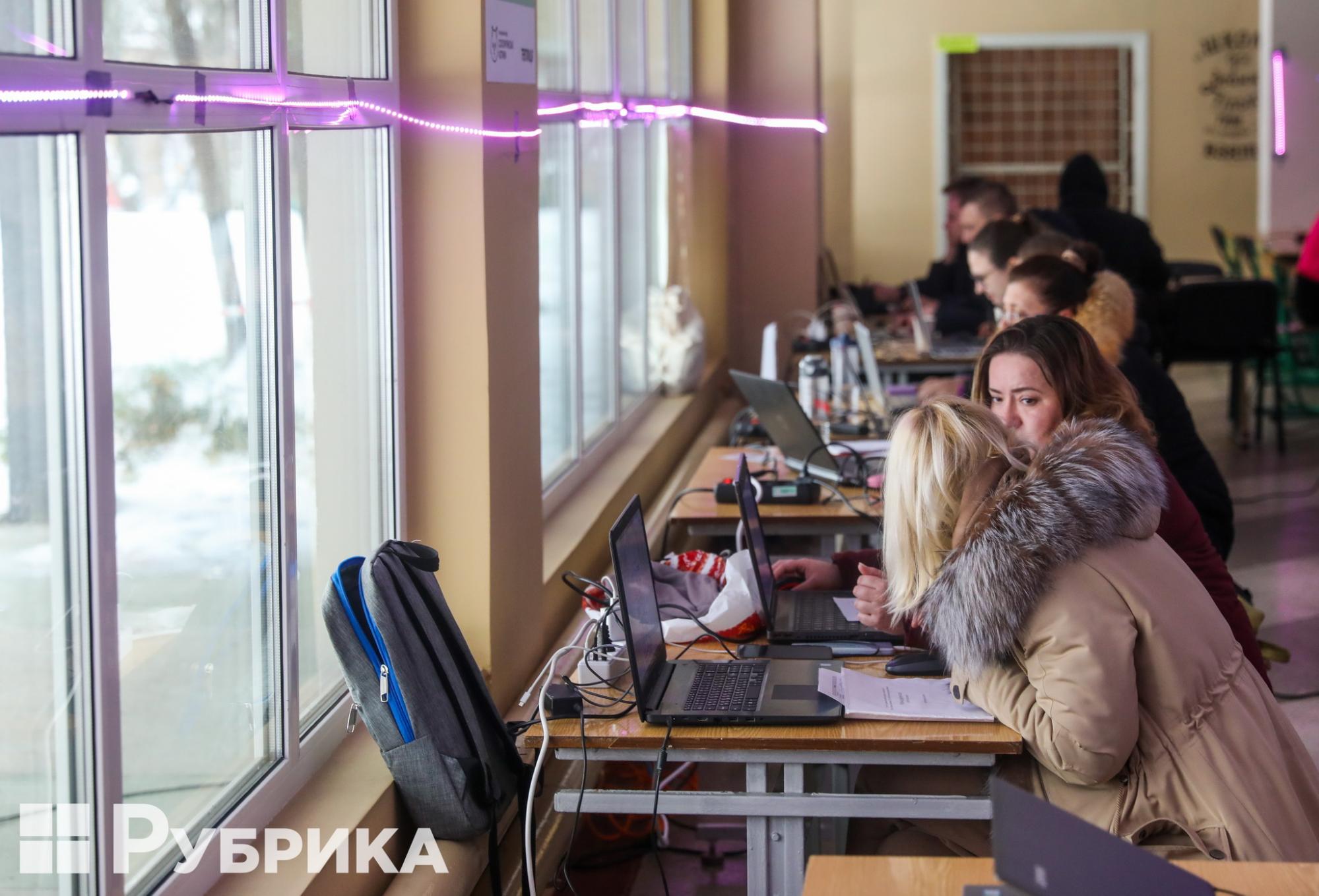
After the October strikes on Kyiv, to provide the citizens with heat, electricity and communication, the city authorities activated the work of "Points of Invincibility". But the public sector also participated in their creation. The "Solomyanski Kotyky" charitable foundation also decided to help the people of Kyiv with their most urgent problems. This is how "Teplytsia" appeared — an island of safety in case of the city's long-term blackouts of electricity and heat.
"We understood that the winter will be difficult," says Ksenia Semenova, co-founder of the fund. — It is worth mobilizing the forces of Solomyanski Kotyky to help the city's residents survive possible blackouts. We prepared, gradually purchased the necessary, and when the situation became critical, we were ready to open our Teplytsia (Greenhouse — ed.)."
Rubryka's reporter checked how the public Point of Invincibility works, talked with the organizers, took a photo and wrote this text on the heated premises, with the Internet and electricity from "Solomyansky Kotyky."
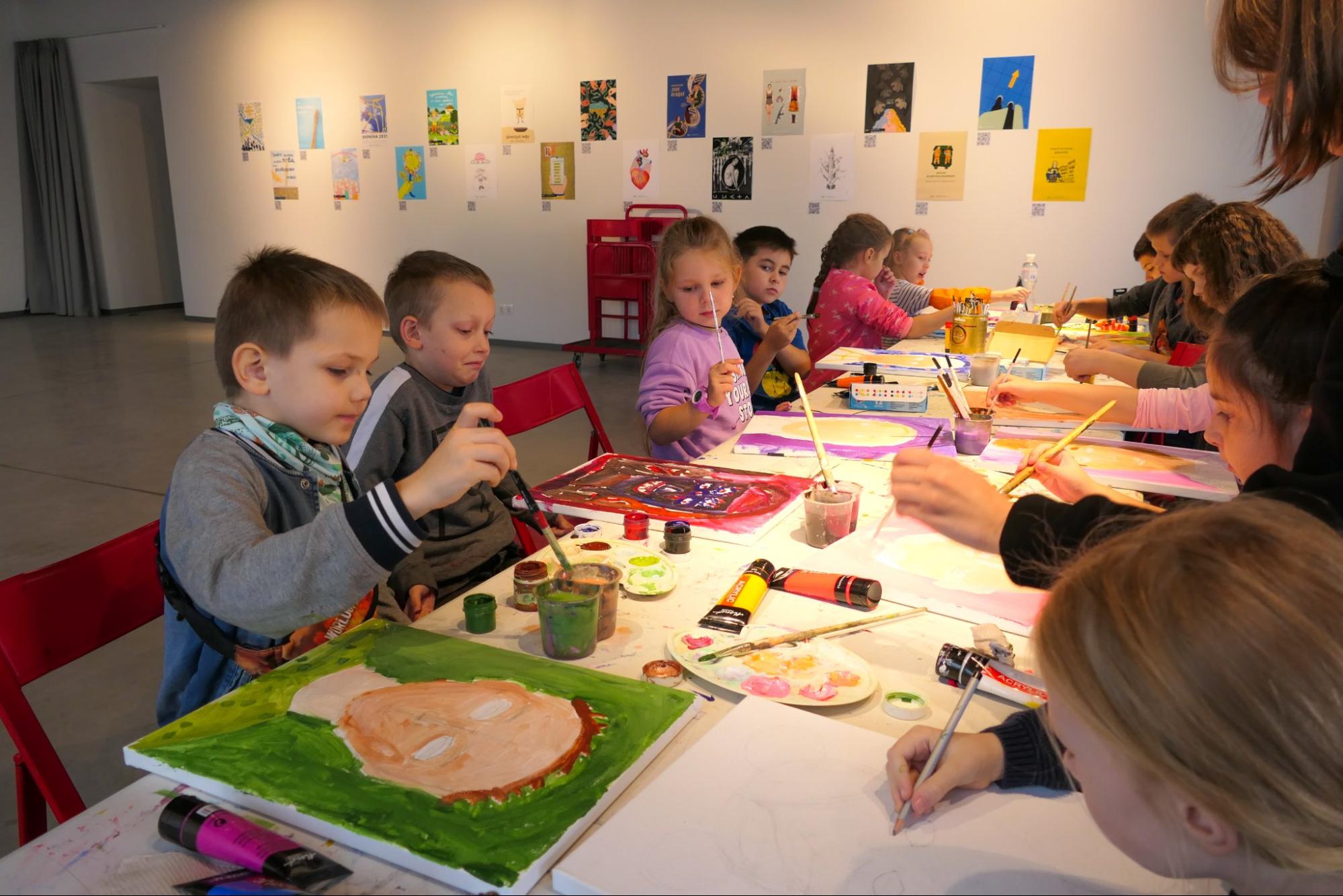
The way they do it in Dnipro.
At the beginning of November, 363,500 displaced people lived in Dnipropetrovsk Oblast. The largest number is in Dnipro: 146,600. People fleeing the occupation and shelling were resettled in communal facilities, kindergartens, and schools. Many shelters initially worked in transit because thousands of people passed through Dnipro daily — they needed somewhere to stop.
But in some time, shelters had to switch to a permanent operation mode — to focus not only on the essential provision for people — food and necessities but also to deal with things beyond that — to unite, to give a new purpose of existence to the people they sheltered.
To set people up for building a life is to allow them to do something and not to lock themselves in small rooms alone "with everything ready." Give a fishing rod, not a fish.
Rubryka tells about changes and new ways of helping, using the example of Dnipro.







